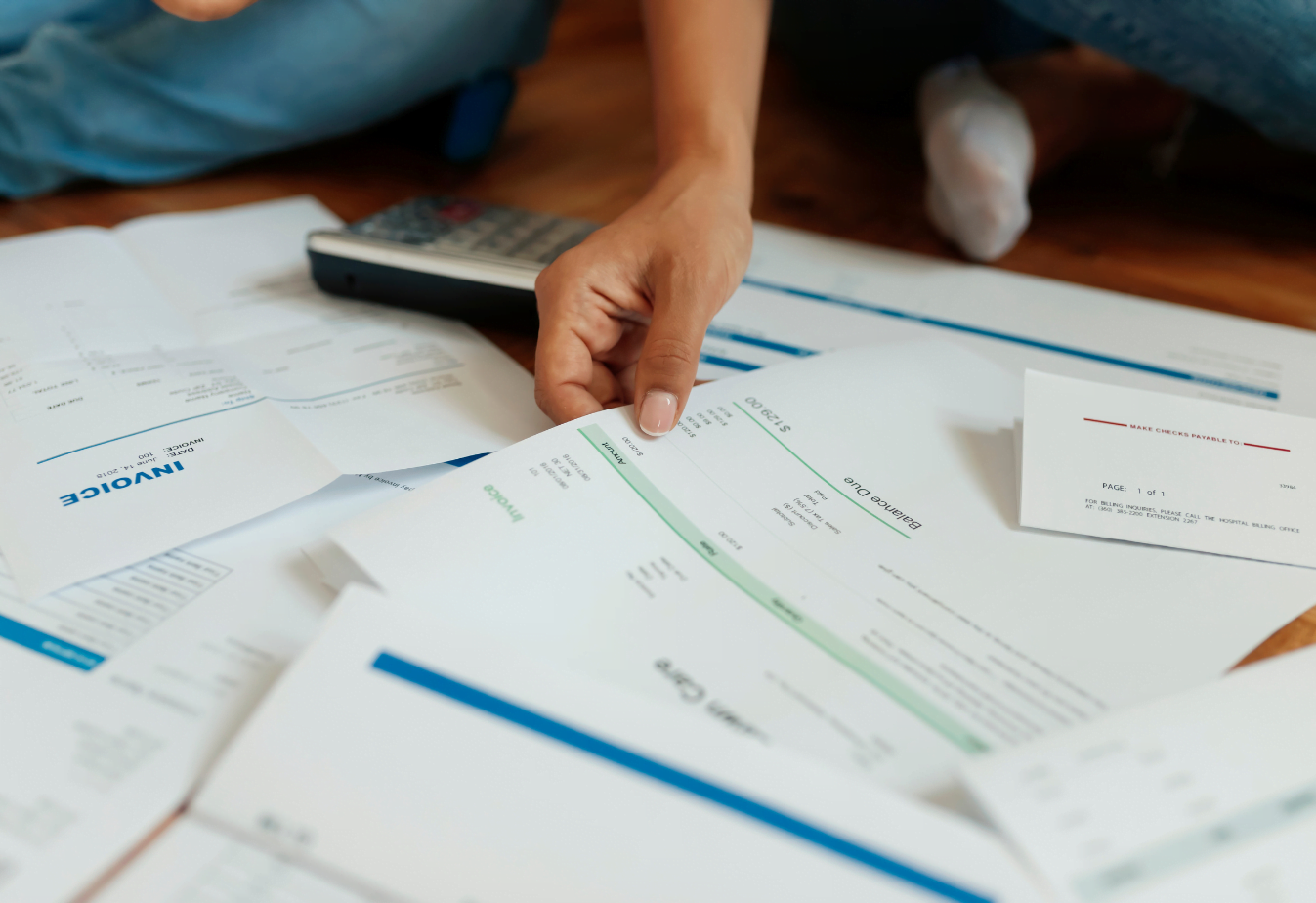A major factor in the decision to file bankruptcy for many people is overwhelming medical debt. This medical debt can lead people to file for medical bankruptcy. Even if you file for medical bankruptcy, debt collectors will sometimes still pounce you or your family during this time. Maginnis Howard represents consumer wrongfully harassed by debt collectors after receiving a discharge of their debts.
No doubt filing for bankruptcy is a huge decision. Sometimes that decision is helped along by issues that are beyond our control, like when we have an accident or develop an illness that leads to huge medical bills which seem impossible to pay. It is difficult to determine just how many bankruptcies are the result of medical debt. However, some studies have tried to determine just how much healthcare factors into bankruptcies. At least 25 percent and as many as 50 percent of bankruptcies include significant medical debt.
National personal healthcare costs in 2019 were expected to reach $3.24 trillion. National health expenditures, which includes money spent on healthcare and health-related activities like research, was expected to reach $3.82 trillion. If you are currently swimming in medical debt and feel as if you will never pay it off, you are not alone.
Maginnis Howard has proven success in handling medical bankruptcy cases. In 2019, Ed Maginnis and Karl Gwaltney resolved a class action under the Fair Debt Collection Practices Act and the North Carolina Collection Agency Act for $1.2 million. In the case, a collection agency was attempting to collect debt, usually medical debt, from individuals who had filed a bankruptcy case and received a discharge (meaning they no longer owed the funds).
Representation for Medical Debt Harassment
If this, or something similar, has happened to you, we may be able to help. All unfair debt collection consultations with our FDCPA lawyers are free of charge. We also accept these cases on a contingency basis so that you pay no attorney fees unless you recover something. You can call our office at (919) 526-0450 or send a confidential message through our contact page. .







